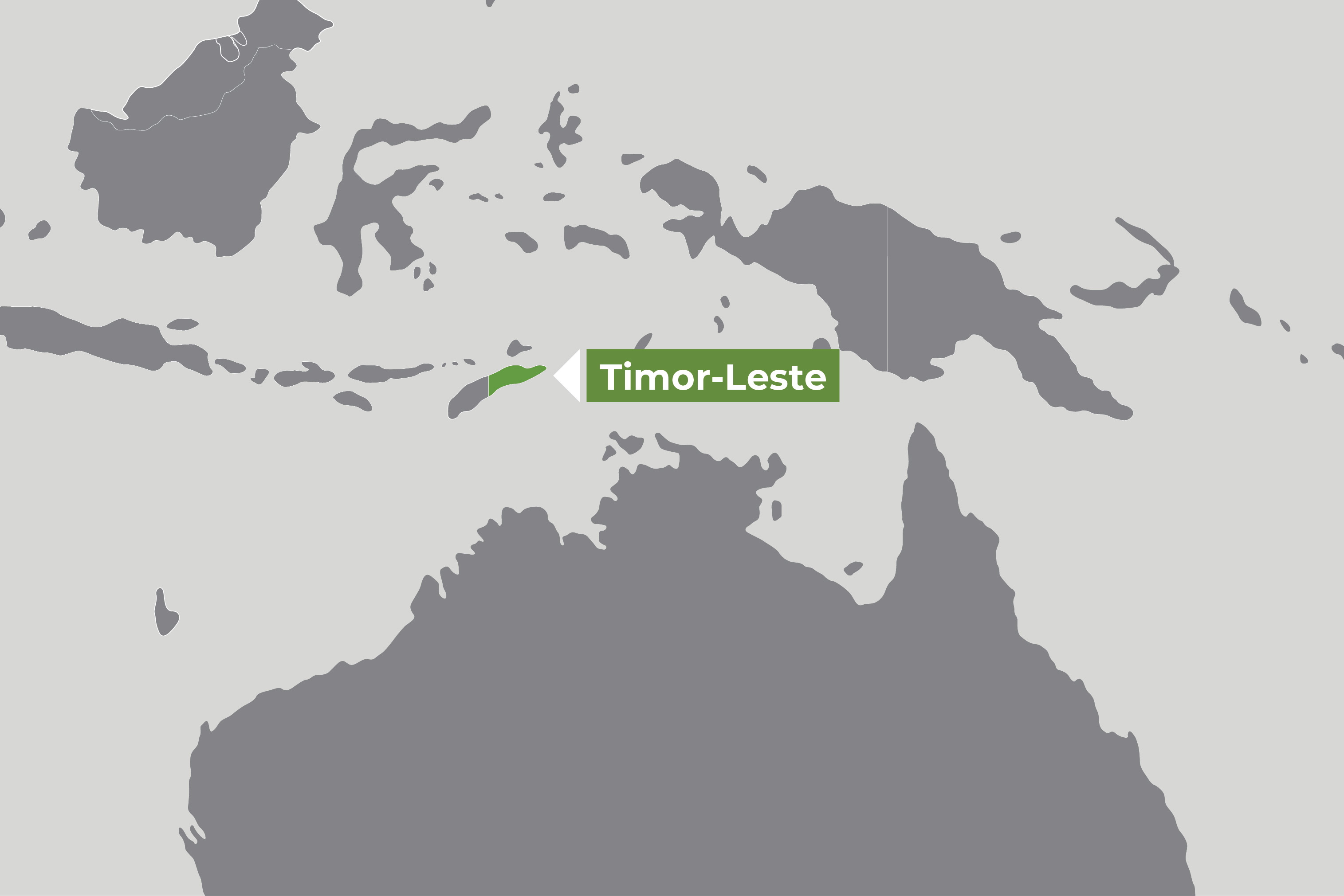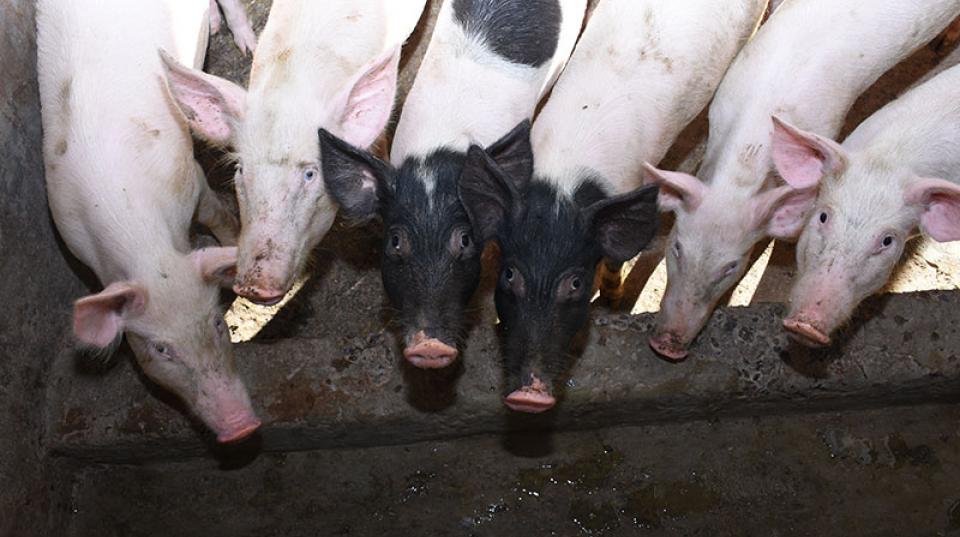Overview
This project aimed to contribute to improved passive animal health surveillance in Timor-Leste, which will have downstream impacts on both trade and livelihoods in the country.
Through capacity building exercises spanning the detection and reporting of disease in the field, through to laboratory diagnostic workflows and reporting, the project used a case study approach to the topical and important syndrome of mortality of young pigs. The project sought to develop and pilot “best practice” passive animal disease surveillance in a series of pilot areas. To determine what was needed to enable this, the project identified both opportunities and limitations to effective passive surveillance by documenting the challenges from the perspectives of farmers and of veterinary technicians. This knowledge will in part inform capacity building activities with veterinary technicians.
Project outcomes
- Determined the relative importance of African swine fever (ASF), classical swine fever (CSF) and other diseases in the mortality of young pigs after ASFV has become endemic and the CSFV vaccination program is maintained in a target municipality.
- Implemented CSFV and ASFV antigen ELISA assays in the LVD, Dili and use these in conjunction with other diagnostic modalities in appropriate syndromic disease investigations.
- Identified limitations and opportunities to improve case detection and investigation of pig diseases based on the experiences of farmers and veterinary technicians.
- Offered practical recommendations to strengthen passive surveillance for pig disease in Timor-Leste by developing best practice protocols for case detection with enhanced community engagement by veterinary technicians, more rapid and comprehensive diagnostic workflows and timely reporting with feedback to farmers and animal health managers.





